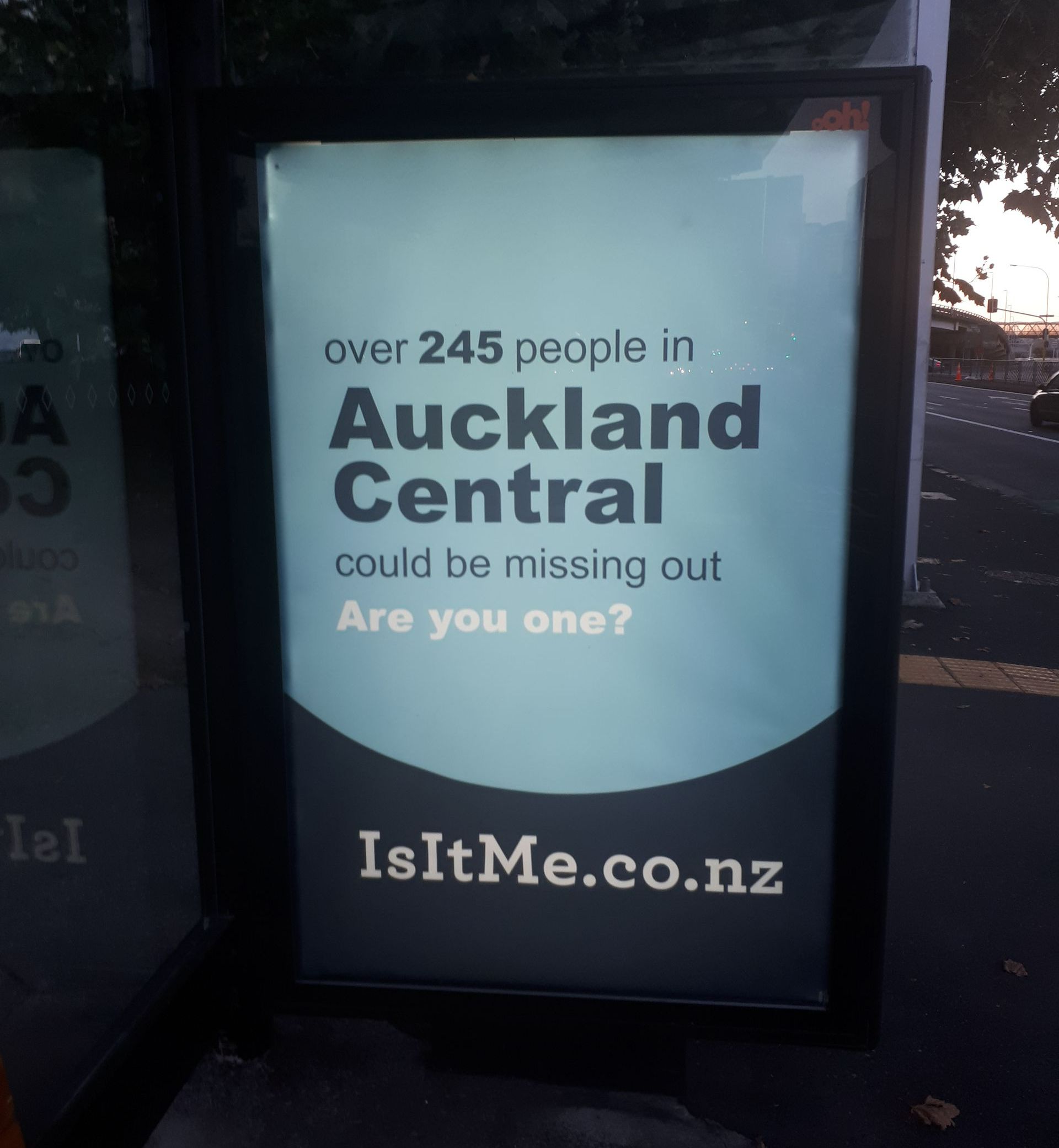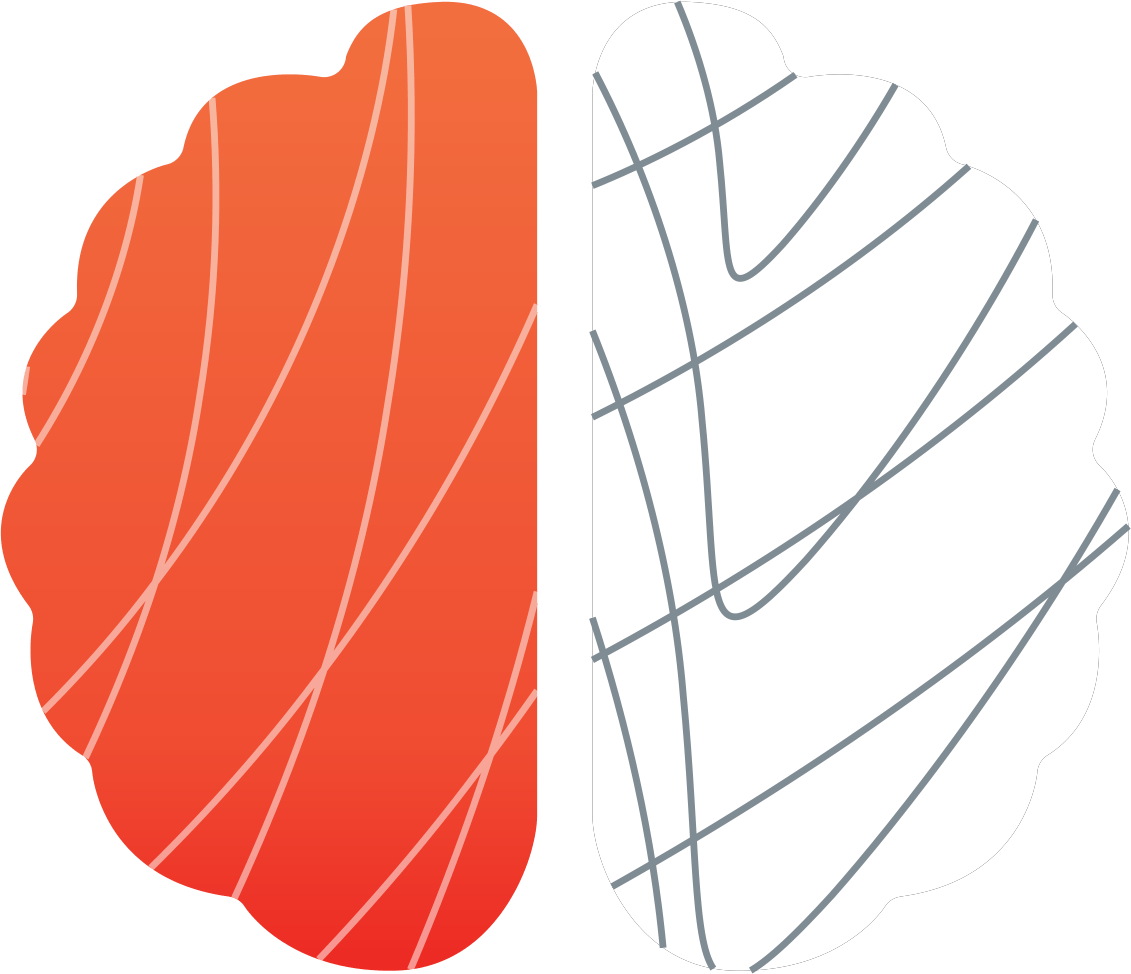The subtle impact of other people's behaviour
A couple of weeks ago I went with my family to a local produce market (Avondale Market). While there I went up to one of the stands to pick out some beans – there was a whole bin of them, and they looked great! How would I normally approach this? Like most other people (I stopped later to watch what others did), I would normally grab a handful and put them in the bag. It’s beans!
But on this visit, I didn’t do this – and it came down to what the person next to me was doing.
When I arrived at the stand there was another person next to me. They were searching through the beans and specifically choosing which beans made the grade – if they were too short, thin, or damaged they were discarded – if they were unblemished, sufficiently sized etc. they went in his bag.
Without even thinking, I started mimicking the behaviour, picking beans one by one instead of by the handful. I didn’t stop and think about what this person was doing, nor did I make a conscious decision to follow him - I just started doing it! Eventually I realised what I was doing, and what the other person was doing – and went back to grabbing a handful of beans and got on with my day.
What does this tell us?
We are inherently impressionable.
In many situations, when we are in a new context, our behaviour can be quite malleable. Start a new job, enter a new social situation, or even if it’s a regular task like visiting a market, we may subconsciously look to how others behave, following the norms of what others ‘typically’ do. It’s quite a bizarre feeling, even as a professional in this space, to become aware of your behaviour having changed without your knowledge.
Have you ever thought about how easily and quickly your behaviour changes as you move between the workplace, visiting friends, spending time with your partner or engaging with your kids? Probably not – you just change your behaviour depending upon who’s around you and what’s seen to be appropriate in that case.
How do we account for this?
When we’re trying to achieve some form of behaviour change, we make sure not to overlook the influence of other’s behaviour on setting some form of norm or exerting a subtle impact. We ask ourselves:
- Who else is nearby that people might take their cues from in terms of what is appropriate?
- Who else might people be referencing – even if they’re not physically at the location where the behaviour is being shown – that might exert an impact?
In some ways, seeing the way I changed how I picked beans at the market was (very unscientific) proof that it is possible to change people’s behaviour, and that our subconscious has a huge role to play in doing so.
Photo by Emma Shappley on Unsplash




